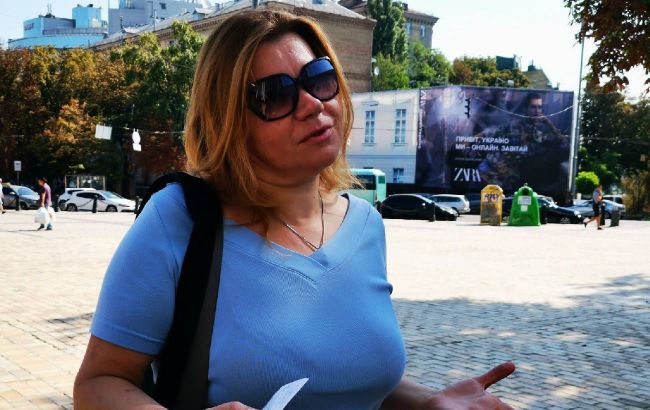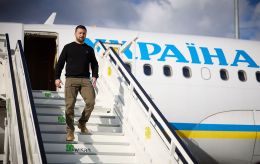'Russia is always interpreting history in a way that benefits it' - Ukrainian archaeologist
 Evelina Kravchenko, Ukrainian archaeologist (Photo: facebook.com/evelina.kravchenko)
Evelina Kravchenko, Ukrainian archaeologist (Photo: facebook.com/evelina.kravchenko)
Russia continues to plunder archaeological sites from the occupied territories of Ukraine, enabling it to manipulate historical facts and create favorable "versions of the past" in the future, according to senior researcher Evelina Kravchenko from the Institute of Archaeology of the National Academy of Sciences of Ukraine.
Ukrainian archaeology is being reconstructed
"The Russians interpret history in a way that suits them. They have been doing this all their lives. Archaeology as a science was formed at the turn of the 19th and 20th centuries, and there was no Ukrainian archaeology – only its beginnings. Our scientists were either shot or effectively told to keep silent, and that's what they did," says Kravchenko.
Consequently, Ukrainian archaeology is currently being reconstructed.
"We now need to create not just an archaeological narrative, but a historical one, because we lack such a mainstream in global science where we represent ourselves. More often than not, we represented ourselves alongside the Russians, and it was collaborative work based on their ideological foundation. Now we need to turn everything around ourselves. That should be one of the tasks of our science in the next 20-30 years," the archaeologist says.
How to protect Ukrainian heritage sites?
"It would be desirable for new documents on the relocation of cultural heritage to emerge at the UNESCO level. We are pushing them as much as possible to change their approaches. Of course, they are working, and there are monitoring missions that collect materials and document everything. That will be used in courts when returning the artifacts," Kravchenko emphasizes.
She notes that the scientific community is currently using documents that were written based on the experience of World War II.
"The Hague Convention for the Protection of cultural property in the Event of Armed Conflict, the UNESCO Convention, and the Convention on the Means of Prohibiting and Preventing the Illicit Import, Export, and Transfer of Ownership of Cultural Property – these are all results of World War II. Another one is the Second Protocol to the Hague Convention, created due to wars in the 80s-90s in the Middle East. And now we need a new document related to the modern realities of conducting such wars," explains the archaeologist.
Despite its barbaric actions in Ukraine, Russia remains a member of UNESCO.

